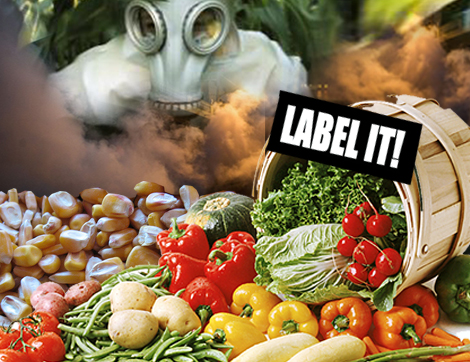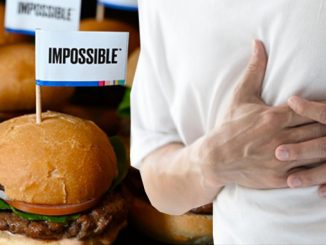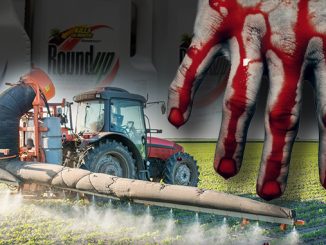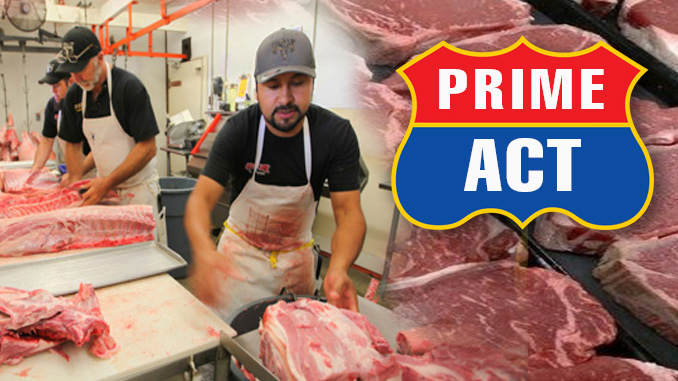
May 2019 PRIME Act proposal would allow states to decide proper regulations for meat processing.
By Mark Anderson
Rep. Thomas Massie (R-Ky.), along with Maine’s Rep. Chellie Pingree (D) and Sen. Angus King Jr. (I), have reintroduced the Processing Revival and Interstate Meat Exemption Act—or PRIME Act—to empower the states to determine appropriate regulations for meat processing within their borders. The legislation (H.R. 2859 and S. 1620) was introduced in both houses of Congress in late May and immediately referred to the Agriculture committees. As of this writing, both bills remain in committee and no further action has been taken. The bipartisan bills concern a topic that fosters party unity, rather than division. Five Democrats have joined 12 Republicans, including Michigan’s Justin Amash (R), to cosponsor the bill on the House side. In the Senate, King was joined by Republican senators Rand Paul (Ky.) and Lamar Alexander (Texas).
“The PRIME Act,” a Weston A. Price Foundation press release explained, “would give states the option of passing laws to allow the sale of custom- slaughtered and processed meat in intrastate commerce direct to the consumer and to venues such as restaurants, hotels, grocery stores. . . .”
The Weston A. Price Foundation is a Washington, D.C.-based watchdog that provides accurate information on nutrition and health. For more information, write the foundation at PMB 106-380, 4200 Wisconsin Avenue, NW, Washington, D.C. 20016.
Federal law currently prohibits the general sale of custom-processed meat. Custom-facility meat can only go to those who own the animal at slaughter time, which causes small farmers to lose a substantial amount of business. Many potential customers cannot afford to buy a whole animal, or they lack the freezer space to store that quantity of meat.
The Wholesome Meat Act of 1967 gave the federal government invasive jurisdiction over meat processing and sales in intrastate commerce— within individual states, not just between the states. When the act was passed, there were nearly 10,000 slaughterhouses in the U.S., but as of Jan. 1, there were only 2,766. Farmers wanting to sell meat “by the cut” can by law only use the slaughterhouses that have government inspectors onsite during the slaughtering process.
Thus, small meat producers often must haul their livestock to distant facilities, driving up production costs while stressing the animals. Sometimes the farmer must book a slaughterhouse a year in advance. And with only four companies controlling more than 80% of U.S. beef processing—combined with the shrinking number of inspected slaughterhouses and the mandate that small producers wanting access to the general meat market must use those facilities and endure the high costs—the remaining slaughterhouses are reportedly stretched to capacity. Consequently, the meat industry has in recent years had more than 100 recalls per year, involving over 20 million pounds of meat and poultry products.
Custom slaughterhouses typically are small facilities where relatively few animals are slaughtered daily. However, at the USDA plants, 300-400 cattle are slaughtered per hour. And even without an inspector on-site, the custom houses have a much better food-safety record.
Because small farmers urgently need greater access to slaughterhouses to be able to compete on a more level playing field against large entrenched agribusinesses, the PRIME Act’s advocates feel the bill is vitally important. Small, local American farmers could be meeting the growing demand for healthier grass-fed beef, but they’re missing out on much of that business as imported grass-fed beef gains dominant market share.
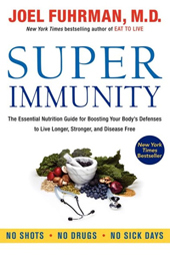
Rep. Massie remarked: “Consumers want to know where their food comes from, what it contains, and how it’s processed,” while adding that federal inspection requirements serve as an obstacle, a kind of internal tariff, against purchasing food in the general marketplace from trusted local farmers.
“It is time to open our markets to give producers the freedom to succeed and consumers the freedom to choose,” Massie summarized.
But here’s what no one will talk about: Globalist free-traders want open markets and low regulations between nations and shriek at the mere mention of the word “tariff,” but they’re fine with internal regulations and domestic “tariffs” that add major costs and limit markets, especially for small farmers.
Thus, the globalists’ unspoken mantra is free trade between nations but not within nations. They treat the 50 states like they’re separate nations but treat the real nations like members of a super-large federation whose borders are mere doodles on a map.
Mark Anderson is AFP’s roving editor. He invites your thoughtful comments and story ideas at [email protected].


